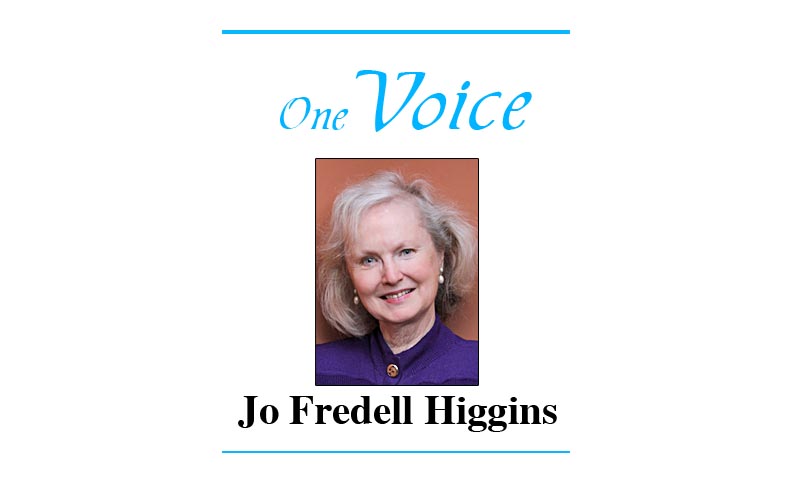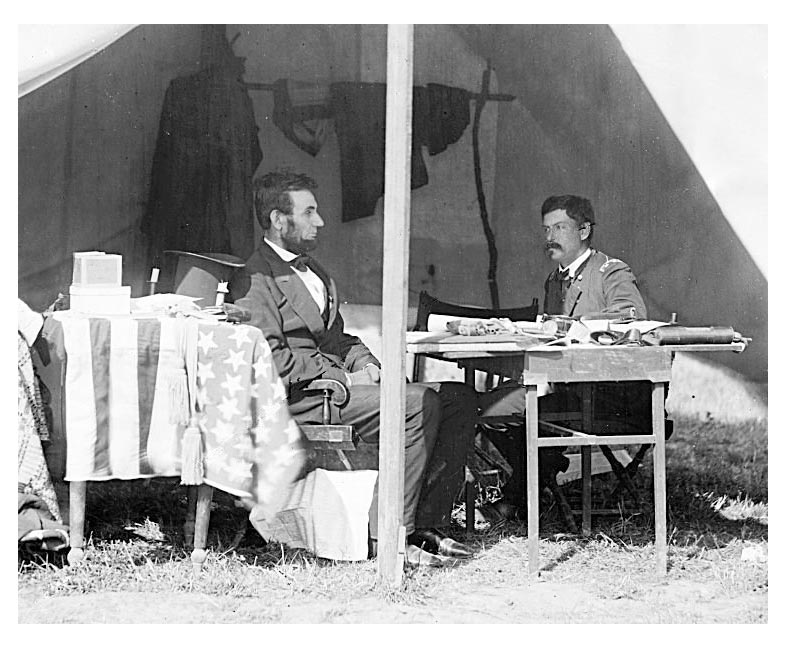
“We find ourselves in the peaceful possession of the fairest portion of the earth as regards extent of territory, fertility of soil, and salubrity of climate.” — Abraham Lincoln, age 28

Abraham Lincoln was one of the greatest presidents in historic United States. Lincoln is often ranked in both popular and scholarly polls as the greatest president in American history. He is remembered as a national hero for his Civil War leadership as well as his efforts to preserve the Union and abolish slavery.
Born into poverty in a log cabin in Kentucky, he was self-educated and became a lawyer, Whig Party leader, Illinois State legislator and U.S. congressman from Illinois. He soon became leader of the new Republican Party. Slightly more than one month after he became President of the U.S., the Confederate States of America attacked Fort Sumter, a U.S. fort in South Carolina. Lincoln promoted the Thirteenth Amendment to the U.S. Constitution which upon its ratification abolished slavery.
Washington, D.C. was a city with 40,000 inhabitants, including several thousand slaves, when the Lincolns arrived at the wooden railroad station in September 1847. Cobblestoned Pennsylvania Avenue was one of only two paved streets. During the day pigs and cows and geese roamed at will in lordly insolence, in herds and flocks, through the streets and over the fields. The Lincolns lived in Mrs. Spriggs’ Boarding House on Capitol Hill, on the site of the present Library of Congress.
Lincoln had such a pleasant humor and was quick with an anecdote to entertain, persuade or defuse argument. He took up bowling, but was a clumsy bowler.
America circa 1850 was a rural nation of 23 million people. Nearly three-fourths of those eligible to vote participated in the two presidential elections of the decade. Politics and public issues were of consuming interest.
Church bells were ringing to cheer “Old Abe” and Lincoln was jubilant, who admitted, he was a very happy man… who could help being so under such circumstances? He headed home as he put the final dispatch in his pocket. “Mary, Mary,” he called out “we are elected.” It was March 4,1861.
“I began to feel at once that I needed support,” he noted later, “others to share with me the burden.” Before the sun went down Wednesday, Lincoln had chosen his Cabinet. He held two receptions, in the morning and the second one in the late afternoon. He never evaded proper questions or failed to give a fit answer.
His responses were always perfect using a humorous story to explain a meaning or to enforce a point.
After leaving Springfield by train to Washington, D.C., he told a member of the law firm that “If I live, I’m coming back some time and then we will go right on practising law as if nothing had ever happened.”
An assassin named John Wilkes Booth ended that promise. President Abraham Lincoln died April 15, 1865 at age 56. His character would live through the ages of a man of honor bound by duty. Cabinet member and U.S. Secretary of War, Edwin Stanton said in his great grief, “He belongs not only to America but to the ages—to be revered and sung throughout all time.”

